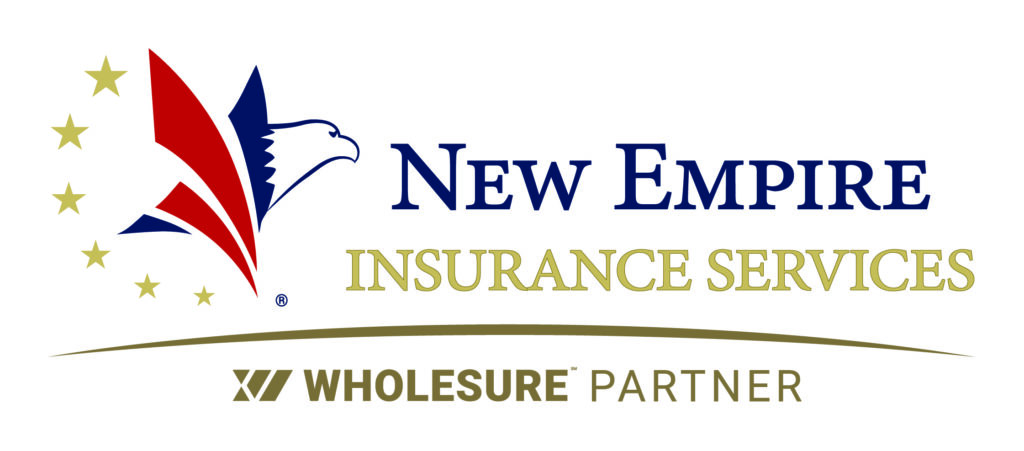Let’s face it—the past few years, and even as far back as ten, have been tough when it comes to rates in both insurance and reinsurance. The past months of Covid-19 haven’t helped to calm the waters, and it isn’t going to get better quickly.
These days, a true sign of the times has been meetings and conferences of all kind being held virtually; it was no different for the most recent Rendez-Vous de Septembre, which held a video media conference after cancellation. Torsten Jeworrek, CEO of Munich Re’s reinsurance, reiterated that this erosion of prices and weakening terms and conditions has led to significantly reduced profitability for the entire industry.
Covid-19 isn’t the only factor in what we’ve seen happening with rising loss of activity in numerous markets, segments, and lines of business—there have been large and even catastrophic property and flood losses due to the three “big ones” of Hurricanes Harvey, Irma, and Maria in just one year, and the rise in wildfires due to global warming, and even aviation disasters such as the Boeing 737Max.
And then came Covid-19.
The changes seen recently in “social inflation” has resulted in the rise of loss ratios for insurers and reinsurers. Swiss Re’s Group CUO, Thierry Léger, put it in clear words: “(With the past)…several years of claims deterioration and premium declines, the situation for the reinsurance industry has gotten worse again in 2020.” He also places social inflation as a major contributing factor. There is nothing unique to social inflation, but is something seen usually in waves, coming and going due to the times.
We can clearly see those raging rivers of social justice in larger and larger jury verdicts and settlements in all classes of business. When we think about what’s behind this most recent social inflation—Léger sees it as being fuelled by a general anti-corporate sentiment. The result being a push in legal action for psychology-based strategies, helping to pinpoint and trigger the buttons of juries. Unfortunately, we’re seeing the rapid increase of plaintiff awards in excess of $5 million each; real estate owner and insurance carrier fears rise again when we think about the new increase in settlements for liability lawsuits of every kind due to social justice. Corporate lawsuits seeking over $100 million are commonplace today. Umbrella liability insurance premiums have increased dramatically the last few years, as well as capacity as carriers reduce the limits they are willing to write.
At the risk of repetition, and then came Covid-19, covering the entire planet, with no country, city, or state spared anywhere. Along with it came crashing economies and significantly lower interest rates. In the first half of 2020, the industry’s loss ratio worsened by five percent. Price increases have been, and are being, offset by declines in interest rates.
Some may be thinking, “but premiums have increased significantly”—true, but not nearly enough to offset that declining interest rate and uncertainty of the future. Neither have the increases in the first half of 2020 come anywhere near compensating for the years and years of past declining premiums or the increased claims load from the multitude of recent contributing disasters.
What does this all mean? An analysis taking all factors into account clearly shows that returning to past underwriting profits necessitates strong price increases.
Jeworrek put it into succinct words: All these three factors: erosion of profitability and prices, loss activity, and interest rate levels lead to this hardening, which is I think undisputed at this time. As a result, at least for the next one or two years, “I’m convinced we will see more hardening in reinsurance than on the primary side. And the market’s biggest drivers are Asia and North America.
Covid-19 is nowhere near over, with some countries only just hitting their first wave, with others entering the fight of the second wave. Economies faltering, businesses failing everywhere, countries dependent on tourism have slid into desperation, and everyone’s waiting on a vaccine, an effective one, to somehow make it all okay again. Unfortunately, as Léger notes, Market estimations of the immediate impact related to COVID-19 are $50 to $80 billion in claims. So far, the industry has booked only $20 billion, so it looks like there is much more to come. The rising infection and death rates only increases the uncertainty of it all.
*****************
New Empire Group was built on the solid foundation building a solid relationship with our producer/broker clients and of underwriting only good risks, not taking unnecessary chances, and always taking everything into consideration when making the decisions that affect our clients.




